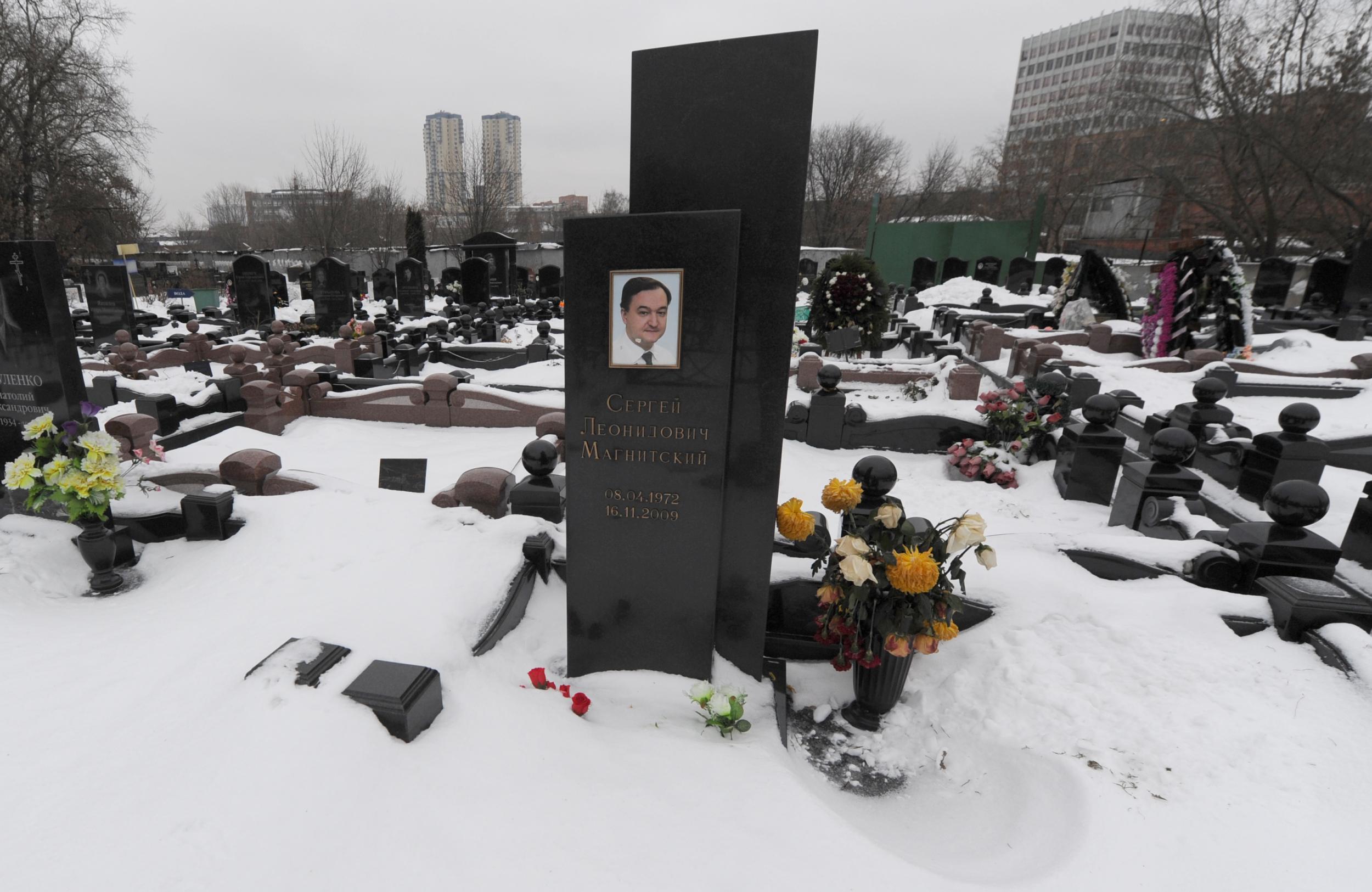Senior MPs call on Government to freeze assets of those with ‘blood on their hands’ for human rights abuses
The new anti-corruption legislation, if passed, will be known as the Magnitsky Amendment – named after the 37-year-old Russian lawyer Sergei Magnitsky, who was allegedly tortured and killed in prison

Human rights abusers with “blood on their hands” should be prevented from cashing in on their assets in Britain with new anti-corruption legislation, a group of senior MPs from across the political spectrum has urged.
Supported by 27 MPs, the proposed amendment to the Criminal Finances Bill calls on the Government to put an end to the UK being used a safe haven for “despots” and “foreign kleptocrats and their ill-gotten gains”.
The new anti-corruption legislation, if passed, will be known as the Magnitsky Amendment – named after the 37-year-old Russian lawyer Sergei Magnitsky, who was allegedly tortured and killed in police custody. His crime, say his supporters, was blowing the whistle on fraud amounting to $230m by the Russian government and organised criminals.
Dominic Raab, the Conservative MP for Esher and Walton who tabled the amendment, said: “People with blood on their hands for the worst human rights abuses should not be able to funnel their dirty money in the UK. This change in the law will protect Britain from becoming a safe place for despots and dictators to hide their money.”
Labour MP Margaret Hodge, one of the initiators of the anti-corruption legislation, said “for too long the UK has acted as a safe haven for foreign kleptocrats and their ill-gotten gains”.
She added: “We hope this legislation will help to end this.”
Others sponsoring the amendment include Caroline Lucas, the co-leader of the Green Party, Harriet Harman, the former deputy Labour leader, Andrew Mitchell, the former Conservative International Development Secretary, and Dominic Grieve, the former Attorney General.
William Browder, head of the global Magnitsky justice campaign, welcomed the proposed amendment as a “ground-breaking piece of legislation” that will “send a message to human rights violators around the world that their blood money is no longer welcome here”.
“By creating personal consequences for the perpetrators of these crimes, the UK will protect whistle-blowers such as Sergei Magnitsky around the world,” he added.
In 2012 the US Congress passed a Bill, which penalised Russian officials linked to human rights violations. It withholds visas and freezes the financial assets of those thought to be implicated in Mr Magnitsky’s death.
Despite already being dead in 2013, Mr Magnitsky went on ‘trial’ in Moscow accused of tax offences. Writing at the time Boris Johnson, who was then the London mayor, described the trial as “the most grotesque parody of legal proceedings since the animal trials of the Middle Ages”.
Mr Johnson added: “What is astounding about this case is that Magnitsky is not only innocent of all charges. He is also dead. He died in prison in November 2009, after almost a year in which he was kept in squalor, denied family contact and deprived of medical treatment — detention that culminated in a savage and fatal beating by his captors.
“What is clear is that Magnitsky was a martyr trampled by a corrupt system. Barack Obama was right to sign the Magnitsky Act, and ban anyone associated with his death from entering the US. This country should follow suit. When I was a student we used to name buildings after those who had suffered in the fight against oppression — Biko, Sakharov, Mandela. Magnitsky deserves the same recognition.”
The new legislation proposed by MPs, according to supporters, will address “shortcomings” that fails to prevent international criminals from storing their assets in the UK. It will target those who have persecuted whistleblowers, journalists, politicians and human rights activists.
It will enable the Government and NGO’s to apply to the High Court for a ‘Magnitsky designation order’ to be issued against those where credible evidence exits that they profited from human rights abuses. The amendment to the Criminal Finances Bill is expected to be debated in the Commons later this month.
Join our commenting forum
Join thought-provoking conversations, follow other Independent readers and see their replies
Comments
Bookmark popover
Removed from bookmarks